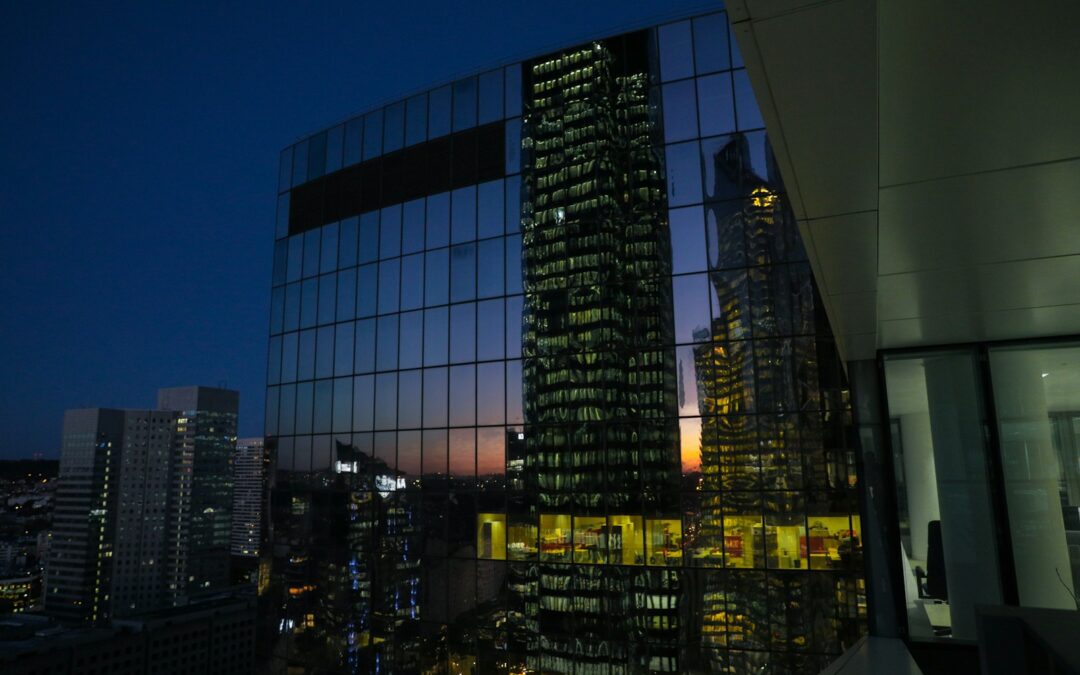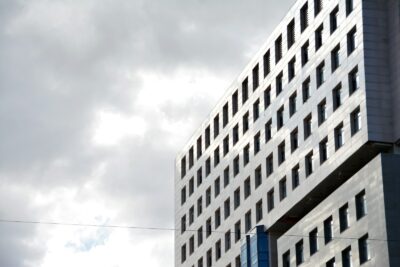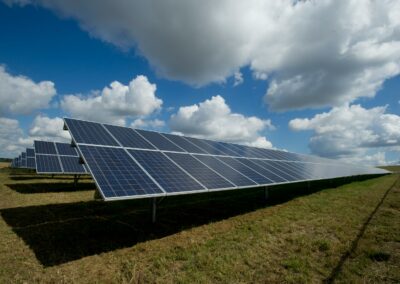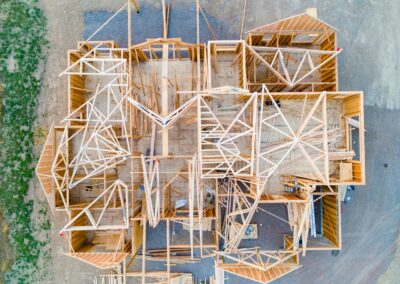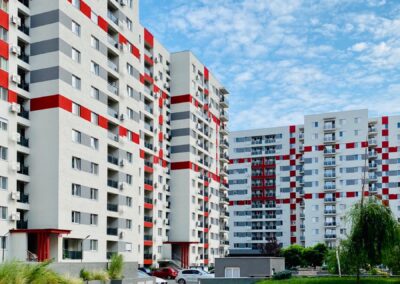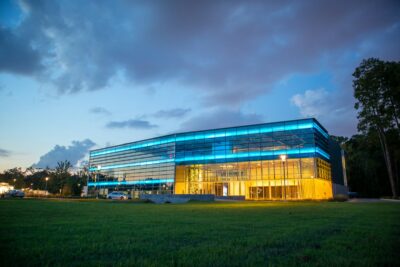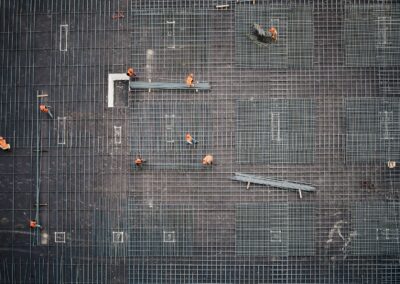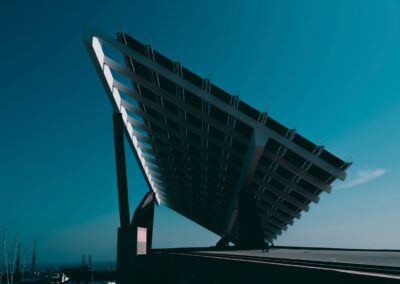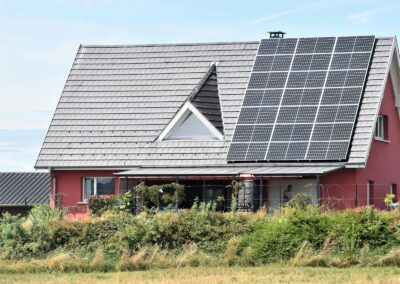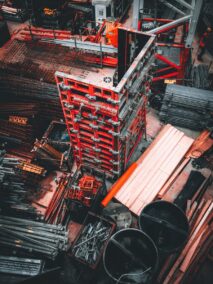The Importance of Energy-Efficient Building Materials
Introduction to Energy-Efficient Building Materials
Energy-efficient building materials are crucial for the development of smart buildings, particularly in rapidly growing urban centers like Riyadh and Dubai. These materials are designed to reduce energy consumption, improve indoor environmental quality, and support sustainability goals. For business executives, mid-level managers, and entrepreneurs in Saudi Arabia and the UAE, understanding the benefits of these materials is essential for making informed decisions about building projects. Implementing energy-efficient materials not only aligns with global sustainability trends but also provides significant economic advantages.
Reducing Energy Consumption
One of the primary benefits of using energy-efficient building materials is the significant reduction in energy consumption. Materials such as insulated concrete forms, low-emissivity windows, and reflective roofing can drastically decrease the amount of energy required for heating and cooling. For example, buildings in Dubai, which experience extreme temperatures, can benefit from high-performance insulation that maintains indoor comfort without excessive use of air conditioning. This reduction in energy use translates to lower utility bills and a decreased carbon footprint, making buildings more sustainable and cost-effective in the long run.
Enhancing Indoor Environmental Quality
Energy-efficient building materials also contribute to better indoor environmental quality (IEQ). These materials often include features that improve air quality, reduce moisture, and minimize the presence of volatile organic compounds (VOCs). For instance, low-VOC paints and finishes reduce the amount of harmful chemicals released into the air, promoting healthier indoor environments. In cities like Riyadh, where air quality can be a concern, using such materials can significantly enhance the well-being of occupants. Improved IEQ not only benefits health but also boosts productivity and satisfaction, which are critical factors for business success.
Long-Term Cost Savings
Implementing sustainable construction techniques alongside energy-efficient building materials offers substantial long-term cost savings. Although the initial investment may be higher, the reduced operational costs over the building’s lifespan provide a compelling financial return. For example, the use of smart building systems that integrate with energy-efficient materials can optimize energy use and maintenance schedules, leading to significant savings. In the UAE, where sustainability is becoming a critical component of urban development, these savings can enhance a company’s financial performance and competitive edge.
Compliance with Regulatory Standards
Adopting energy-efficient building materials and construction techniques helps businesses comply with increasingly stringent regulatory standards on energy efficiency and sustainability. Governments in Saudi Arabia and the UAE are implementing policies and incentives to encourage green building practices. By adhering to these standards, businesses can benefit from financial incentives, tax breaks, and improved market positioning. Compliance also mitigates the risk of penalties and enhances the company’s reputation as a responsible corporate citizen. This alignment with regulatory expectations is essential for long-term business success and sustainability.
Attracting Investors and Tenants
Energy-efficient and sustainably constructed buildings are increasingly attractive to investors and tenants who prioritize environmental responsibility. Buildings that demonstrate a commitment to sustainability can command higher rents and sale prices, attracting premium tenants and investors. In dynamic markets like Dubai and Riyadh, where there is a growing demand for green buildings, businesses that invest in energy-efficient materials and sustainable techniques can differentiate themselves and capitalize on this trend. This attractiveness extends beyond financial benefits, fostering a positive brand image and strong stakeholder relationships.
The Role of Artificial Intelligence in Smart Buildings
Artificial intelligence (AI) plays a pivotal role in maximizing the benefits of energy-efficient building materials and construction techniques. AI systems can analyze data from various building sensors to optimize energy use, predict maintenance needs, and enhance occupant comfort. For example, AI-driven HVAC systems in smart buildings can adjust temperature settings based on real-time occupancy and weather conditions, ensuring efficient energy use. In Riyadh and Dubai, where smart city initiatives are on the rise, integrating AI with energy-efficient materials can lead to highly sustainable and efficient buildings.
Blockchain for Transparency and Efficiency
Blockchain technology can enhance the transparency and efficiency of energy management in smart buildings. By providing a secure and transparent ledger of all energy transactions, blockchain ensures accountability and trust among stakeholders. This technology can be particularly useful in tracking the performance of energy-efficient materials and systems, ensuring they meet specified standards. In the UAE, where innovation in technology is highly encouraged, adopting blockchain in building management can provide a competitive edge and enhance sustainability efforts.
#EnergyEfficientBuildingMaterials #SmartBuildings #SustainableConstruction #BusinessSuccess #ManagementConsulting #ArtificialIntelligence #Blockchain #Metaverse #LeadershipSkills #ProjectManagement

